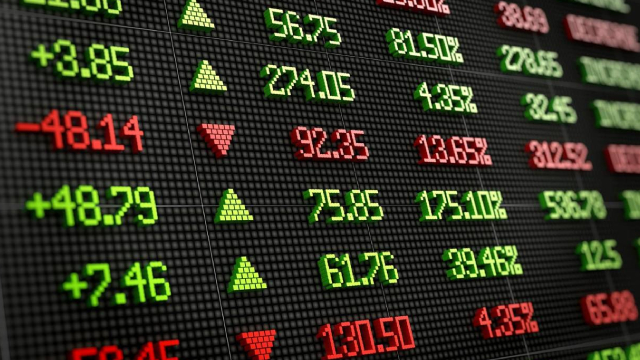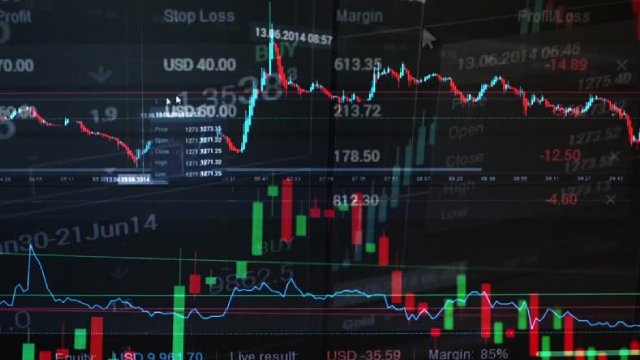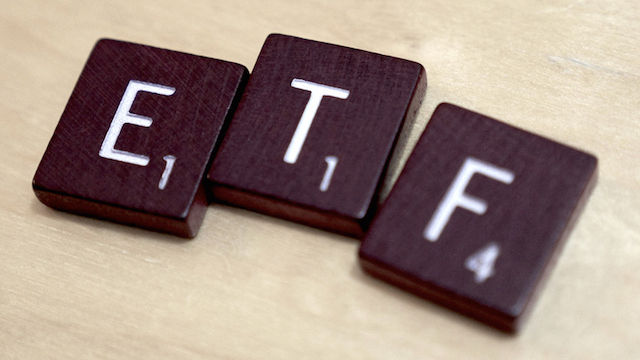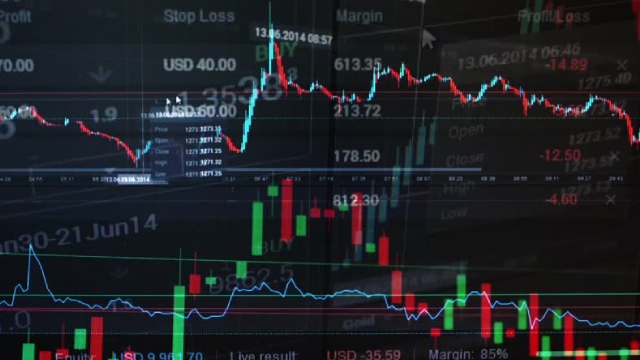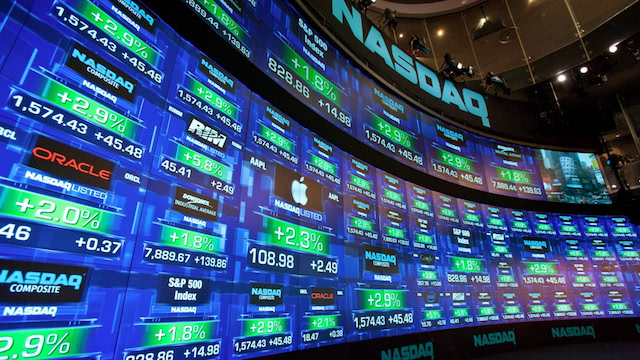VTI Stock Recent News
VTI LATEST HEADLINES
The Vanguard S&P 500 ETF (VOO) and Vanguard Total Stock Market ETF (VTI) are prime examples of what has been the bedrock of Vanguard's ETF strategy: offer low-cost, passive funds. That's amassed them insurmountable assets under management over the years.
Recent developments have resulted in the widest valuation gap between DGRO and VTI in at least 10 years, judging by their yield spread. Their prices have diverged as recent market rallies are largely driven by mega-cap technology stocks. While DGRO's dividend growth kept outpacing VTI, both in their payouts and in recent years.
This article provides an update on the monthly moving averages we track for the S&P 500 and the Ivy Portfolio after the close of the last business day of the month. The Ivy Portfolio The Ivy Portfolio is based on the asset allocation strategy used by endowment funds from Harvard and Yale.
I reiterate a hold rating on VTI, as valuations above 23x earnings and bearish seasonality warrant caution despite recent market resilience. U.S. stocks have outperformed ex-U.S. equities, boosted by strong earnings sentiment and a robust dollar, but consolidation after significant gains is likely. Technical analysis shows a bullish breakout with a potential VTI target near $370, yet high-volume support around $300 offers downside cushion.
For most investors, especially beginners, I recommend avoiding individual stock picking and instead investing in broad market ETFs. SPY and VTI both offer diversified, low-cost exposure to the US stock market, but SPY's concentration in blue-chip firms has led to better returns and lower drawdowns. VTI includes mid- and small-caps, which can boost returns in early bull markets but also increase volatility and downside risk during downturns.
With AI-driven momentum and Fed cut hopes fueling gains, growth and large-cap ETFs like VUG and VOO are drawing investor focus.
One of the most challenging things to process in anyone’s financial life can be the sudden windfall of a life-changing amount of money. Whether it’s because of a lottery or inheritance, if you receive enough money to turn your life upside down completely, it can be difficult to manage. Key Points This Redditor is in a unique position, inheriting significant wealth. There is no question this Redditor needs to talk to someone about how to handle their emotions. The hope is that this Redditor can create significant wealth for retirement. Are you ahead, or behind on retirement? SmartAsset’s free tool can match you with a financial advisor in minutes to help you answer that today. Each advisor has been carefully vetted, and must act in your best interests. Don’t waste another minute; get started by clicking here.(Sponsor) For one Redditor posting in r/personalfinance, this is all too true, as they knew they would receive some money from a grandparent but not the exact amount they we
The Vanguard Total Stock Market ETF (VTI) might be the most diversified exchange-traded fund (ETF) investors can buy. It's designed to track the performance of the CRSP U.S. Total Market Index, which holds every single stock listed on American exchanges.
U.S. equity ETFs pull in $9.9B as markets surged, with IVV, JMTG, VOO, SPLG and VTI leading the inflow wave to start 2H on a strong note.
As you get closer and closer to retirement, making sound financial decisions can be a real headache as you decide how to put your best foot forward.
